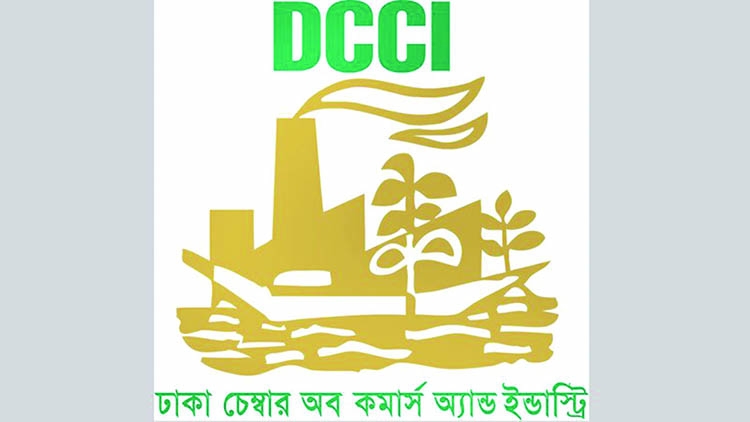Published: 12:01 AM, 15 August 2022
Economic stress is temporary

Speakers at a seminar opined that the current economic stress is temporary as all major indicators of the country are steadily coming back on the track. "Not only the Bangladesh economy but the whole world is going through a tough time in terms of economic stress, inflation, fuel price hike and supply chain disruptions. Bangladesh is not an exception of this global economic chain, but we are not in a position to be panicked at all," said State Minister for Planning Dr Shamsul Alam. The minister said this while speaking as the chief guest at the seminar on "Bi-annual Economic State and Future Outlook of Bangladesh Economy: Private Sector Perspective" organized by Dhaka Chamber of Commerce and Industry (DCCI) at DCCI in the city, said a press release. Dr Shamsul Alam said that the government should take loan from foreign sources to ease pressure on dollar.
He also said that the manufacturing sector has seen a 23 percent growth in the last fiscal. Facts and figures show that the economy of Bangladesh is in the right track and there is no scope of being panicked, he added. Regarding remittance, he said that last year Bangladesh sent about one million workers abroad and its positive impact on remittance inflow will be visible soon. Later, he said that full automation of taxation system will reduce harassment as well as boost revenue. Former president of the Federation of Bangladesh Chambers of Commerce and Industry (FBCCI) Md Shafiul Islam (Mohiuddin), MP, attended the seminar as the special guest while DCCI President Rizwan Rahman presented the keynote paper.
Md Shafiul Islam (Mohiuddin) said in the Covid times, Bangladesh Bank played an effective role especially for the CMSME sector.
He said, "Worldwide, countries are facing fuel crisis. For more onshore gas exploration, we need to strengthen BAPEX.
The global economic situation is in the stress, supply chain is disrupted but even in this condition, our reserve is enough to pay import bills of next five and a half months."
The existing crisis is temporary and the government is managing all these things in an efficient manner, he said. Terming business community as the engine of growth, he said that the tax department should be proactive and help business community to grow hassle free.
He sought robust conducive policy support from the government so that the vibrant private sector of Bangladesh can contribute more to the economy. Rizwan Rahman highlighted that energy, inflation, food security, logistics and financial sector are some of the major areas Bangladesh should look into.
"Recently, liquid fuel price is hiked nearly by 50 percent and natural gas price raised by 22.78 percent whereas inflation was recorded 7.48 percent in July 22.
Moreover, disruption in global trade affected essential food supply and reserve crisis forced to increase external borrowing," he added. However, he said, "From January to June FY2022 our export was US$27.39 billion but the import was $48.16 billion at the same period that shows positive growth.
During the same period inflation was 7.56 percent, private sector credit growth was 13.66 percent, remittance was $10.79 billion and reserve was $41.8 billion."
During the same period inflation was 7.56 percent, private sector credit growth was 13.66 percent, remittance was $10.79 billion and reserve was $41.8 billion."
He said all these components showed positive growth except the reserve and inflation. Chief Economist of Bangladesh Bank Dr Habibur Rahman said that any policy issue has some conflicting sides. "But the Bangladesh Bank is always looking into best balancing of policy guidelines to control the normal money circulation and market. We are also thinking options for currency swap with few countries like India and China," he said. Executive President of BKMEA Mohammad Hatem said that in the manufacturing industries pressure of gas is remarkably low that may hamper our export competitiveness. Recent Diesel price hike will inevitably increase the inflation no doubt, but the government should take initiative of adjusting fuel price quarterly matching with the prices in the international market, he added. Moreover, he expressed his dissatisfaction over the huge difference between buying and selling price of dollar in the banks. He said the difference between buying and selling of dollar should be 1 Taka. DCCI Senior Vice President Arman Haque gave the welcome remarks on the occasion.




